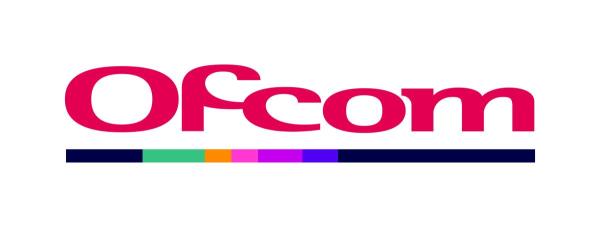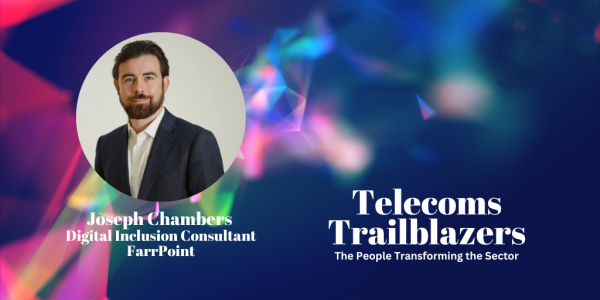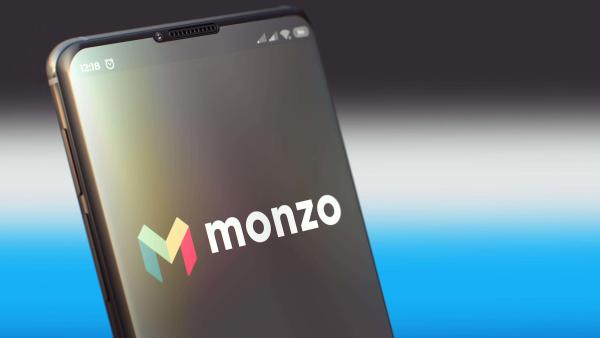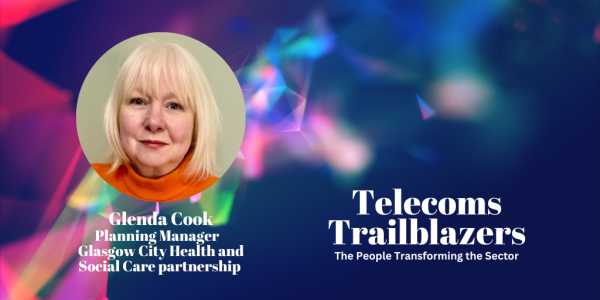An initiative of the Learning Foundation, the Digital Poverty Alliance convenes, compels and inspires collaboration for the UK and global community to lead sustainable action against digital poverty.
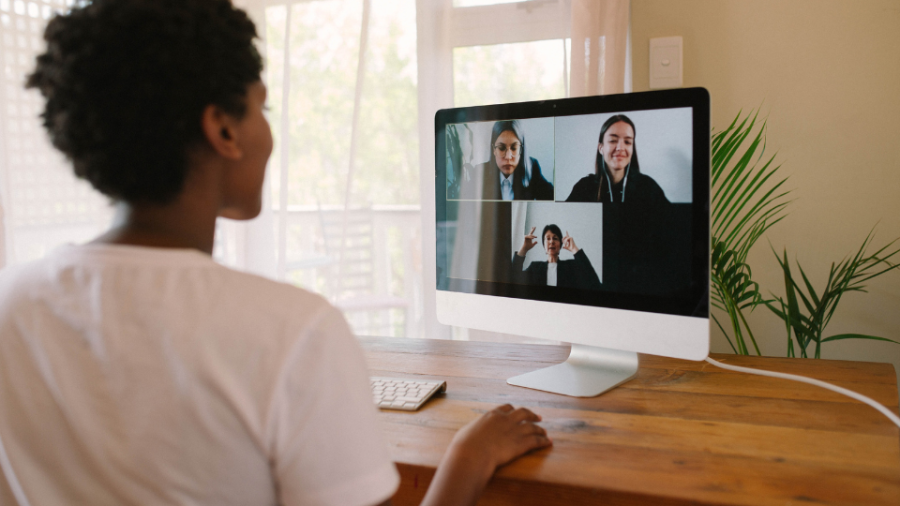
An initiative of the Learning Foundation, the Digital Poverty Alliance convenes, compels and inspires collaboration for the UK and global community to lead sustainable action against digital poverty.
For UKTIN and the UK telecoms ecosystem as a whole, digital exclusion - in all forms - is an obvious concern. Whether it’s people lacking digital skills, lack of connectivity delivered to rural communities or cost barriers to adoption, with the increasing criticality of connectivity, the digitally excluded risk being left behind. The telecoms sector is meeting this challenge head on, with new ways to tackle the digital divide offered by advanced technology solutions from non-terrestrial networking to 5G fixed wireless access. Because ensuring more people, organisations and things are connected is good for the UK and good for business.
We know that the ultimate adoption of advanced connectivity solutions in transport, and health and social care, will be limited until we have something approaching ubiquity of coverage. Work by the mobile network operators, Mobile UK and charities like the Digital Poverty Alliance to tackle digital exclusion benefit the UK economy, society and our industry.
Read our interview with Tom Lowe, Head of Policy and Communications.
1/ Please tell us more about the charity.
We were set up in 2021, in response to the effects of the pandemic. During that time - amid very, very challenging circumstances - we saw how critical digital technology was for continued interaction with the world. To progress in their education, young people needed access to digital technologies. Connectivity even became a requirement for essential services such as healthcare appointments. This highlighted the significance of the digital divide and showcased the severity of the issue.
Today we follow an initiative that focuses on two core strands. Firstly, our policy and advocacy work: we recently published a national delivery plan which sets out a range of actions and recommendations for the UK government and businesses as well as civil society. Alongside this, we have practical work which is focused on supporting the people at the highest risk of digital exclusion.
Several projects are currently underway. For example, we are working to help teachers access digital technology, building up their capabilities to integrate this knowledge into the classroom. This has huge relevance in helping people access the online world. Around 82% of jobs are now advertised online, and being excluded from that has a significant effect on people's ability to enter the labour market and access new opportunities.
2/ What have you achieved so far?
Despite being a relatively new organisation, we’ve already reached several significant milestones. Last year we completed the UK Digital Poverty Evidence Review, an attempt to contextualise all of the available research in the UK around digital poverty. This acted as a basis for us to launch the UK National Delivery Plan that was released last month, something we believe to be unique in terms of setting out the key actions that need to be taken. There’s a long way to go, obviously, but I think what we’ve achieved showcases a strategic vision for how we are going to end digital poverty while beginning to provide urgent support for those that need it most.
Moving forward we will be setting up a committee to hopefully address the problem of exclusion. The aim is to understand what organisations are currently doing and what we can do in terms of scaling some of this work, and focus on the areas most in need. Within the context of the cost of living crisis, people are having to make the difficult choice between paying their food or broadband bill. We think cost should never be a barrier. Connectivity is integral to many different parts of our lives, and so we’re really pressing for mechanisms that support greater access to technology. Unfortunately, there’s also a very high proportion of individuals that may be precluded from the online world due to a physical or mental disability. Hopefully, we can break down these barriers. Ultimately, though, we want to raise the issue of digital poverty; awareness is crucial, and there is a lot that needs to be done to ensure that people act to achieve change.
3/ What have you learned?
There are quite a few common myths about digital poverty, and we want to dispel these. One thing that has struck me, in particular, is the scale of the problem. There has been a rapid transformation of society in recent years and for many, digital poverty does not seem to be an urgent issue. Most people just expect access, it is almost a given now. But what about the people that aren’t connected? Or the estimated 20% of the UK population that do not have access to basic essential digital skills? This isn’t just older generations, either. Around 23% of young people only regularly access the internet via their phone, and as technology continues to move forward, anyone can fall into digital poverty at any time. The pace of change we are anticipating is going to require ongoing support. This is a very serious issue.
4/ Why is this important?
The world is changing very, very quickly. Unless we think about people who are excluded, we risk creating and embedding existing inequalities. Yes, technology can be used as a powerful catalyst to overcome structural inequalities but it can also exacerbate them. There’s a huge opportunity here to leverage technology in a way that is actually transformative. Let’s use it to enable people to access greater opportunities, learn new skills and perhaps even manage their own healthcare. Let's aim to work towards a better, more inclusive and fairer online experience.
5/ How can people get involved?
We have compiled a support directory that lists the various organisations and initiatives that are providing support for digital exclusion. It is fascinating to see the amount of support out there if you know where to look for it. We would also like to hear from individuals or businesses that can help out. There’s information here about how to get involved. For example, organisations can make a pledge to donate their unwanted equipment or devote time to upskill those struggling in the workforce. We’re very keen to have conversations about how we can better improve too. Please do get in touch by emailing [email protected].
6/ What’s next?
The next big focus is the UK National Delivery Plan. We have six core missions that we hope to achieve by 2030. One of these missions is raising awareness, and a key part of our work next year will be addressing this, introducing a number of activities such as Digital Poverty Day. We are also looking to work with as many UK stakeholders as possible. The next general election will be significant here, and we will be pushing to ensure that political parties see digital access as a priority.


